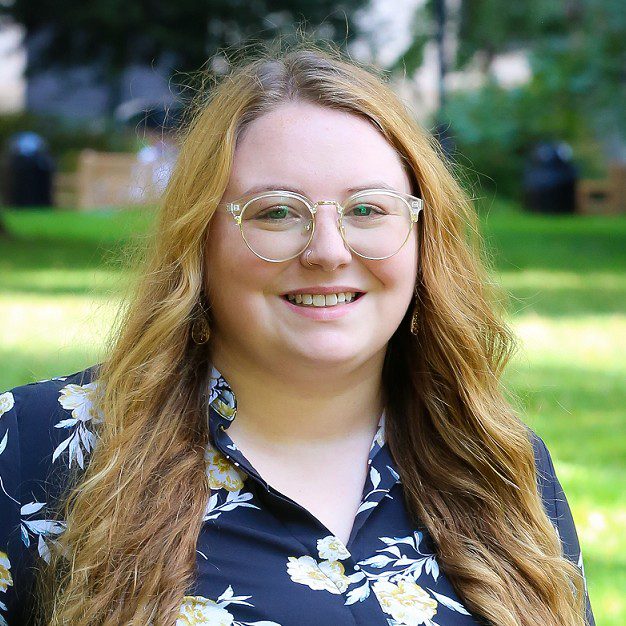Building Trust, One Patient Chart at a Time

January 10, 2024
At the Icahn School of Medicine at Mount Sinai (ISMMS), Adam Kraus, MD, and Luis Seija, MD, are modernizing data sharing to empower patients as active care partners and enhance patient engagement, service utilization, and communication with physicians. Notably, Adam and Luis designed, applied for the Building Trust Through Diversity, Health Care Equity, and Inclusion in Internal Medicine Training Grant Program, and are leading their project as joint internal medicine and pediatrics residents: Luis has since started his fellowship at the University of Pennsylvania and Adam is in his final year at Mt. Sinai.
Aligned with the 21st Century Cures Act, this project is more than just a technological upgrade; it’s a catalyst for change. The focus? Empowering those in the Internal Medicine Residency Program with anti-racist and patient-centered communication skills. The significance of the language employed by physicians in their documentation wields the power to shape providers’ perceptions of patients, influence the quality of clinical care delivered, and impact patients’ comprehension of their health. The populations most subjected to negative charting tend to be patients of color and those without commercial insurance.
The curriculum recently rolled out to the first year class, extends beyond the classroom, challenging residents to critically evaluate their charting language. The project incorporates pre- and post-tests to evaluate the effectiveness of the intervention in reducing stigmatizing language. Post-session reflections have unveiled that residents are now making intentional choices about their charting language and learning the impact of their words on patient care. Residents are steering away from stigmatizing phrases and outdated terminology, such as “compliant” or “refuse,” and opting instead to utilize language that advocates for the well-being of their patients, especially those disproportionately affected by racism and bias.
|
 |
The initiative also introduces a multifaceted approach involving Health Information Technology (HIT) navigators for patients with HIV/AIDS. The HIT navigators educate patients on technology skills, such as using the MyChart/MyMountSinai app, which fosters digital literacy and engagement. Patients are taught to download the app to find their appointments, medication list, and message center. They are empowered to message their clinicians upon discharge and to read documentation about their hospital course in an effort to improve their literacy about their own medical conditions. The project sets goals to measure patient outcomes, including technology proficiency, accessing appointments, and attendance at follow-up appointments. Smart phones preloaded with minutes will be provided free of charge to patients without smartphones so they too can participate.
This isn’t just a local initiative; it’s a scalable model, emphasizing anti-racism principles to build trust and transparency in electronic medical records. The project team is seeking to transform an often-overlooked part of the health care landscape into one where patients are partners, language is empowering, and equity is at the forefront.



